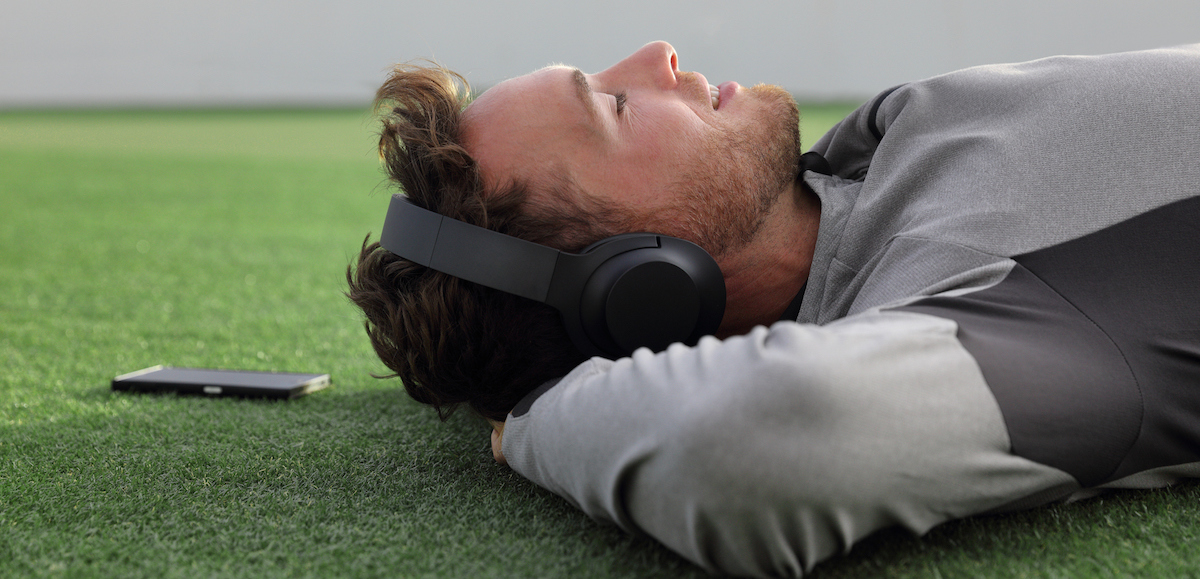<< Back
Mental Health Apps? These Are Among the Few Worth Downloading

July 12, 2021
You may want to think twice before downloading a mental health app to deal with anxiety or depression.
Dr. Paul Weigle, psychiatrist and Associate Medical Director of Ambulatory Programs at Natchaug Hospital, part of Hartford HealthCare’s Behavioral Health Network, recently appeared on WNPR radio to discuss the pros and cons of mental health mobile applications.
A recent report published by ORCHA shows a 200 percent increase in digital downloads for mental health apps during the pandemic. With limited access to in-person care, mobile apps became a popular way to seek treatment to deal with the isolation and mental health concerns too many have felt over the last year.
“We did see skyrocketing rates of depression and anxiety,” Dr. Weigle said. “We have never seen so many referrals for mental health treatment as we have in the last few months.”
While mental health applications are convenient and even more affordable, should they be recommended as an alternative to traditional therapy?
“There can be benefits to using the apps but with great caveats,” Dr. Weigle said. “Some apps are proven to be effective. A couple have even received FDA approval for mental health treatment. The vast majority are completely untested, and it can be very difficult for users to tell which apps are likely to be helpful and which aren’t.”
Dr. Weigle cautioned that the quality control of apps claiming to benefit mental health is inadequate because no impartial regulatory body, such as the FDA, oversees them. Many give poor-quality advice and even spread false information.
“For example, there are apps that have given bad advice suggesting that bipolar disorder can be contagious or that using alcohol before bed can help with getting a healthier sleep,” he said. “This kind of misinformation can certainly cause harm.”
Dr. Weigle has found these apps helpful for his patients:
- Meditation: Headspace, Calm.
- Yoga: Down Dog.
- Meeting locators: Narcotics Anonymous, Alcoholics Anonymous.
Other useful apps provide medication reminders, track mental health symptoms over time, set up a safety plan for unsafe thoughts or help patients communicate with therapists via online journaling (such as TryCycle, used at Natchaug and Rushford).
“Under the supervision of a physician or licensed clinical therapist, there are several apps that can be very useful and in the right circumstance can be a wonderful addition to traditional therapy,” Dr. Weigle said. “But I would caution anyone who is attempting to use apps instead of more proven therapies. No computer application can truly replicate care involving human contact.”
Some FDA-approved apps include reSET, reSET-O and EndeavorRX.
Ultimately, while mobile apps are convenient, the best advice for those who struggle with depression or anxiety is to seek a licensed therapist.